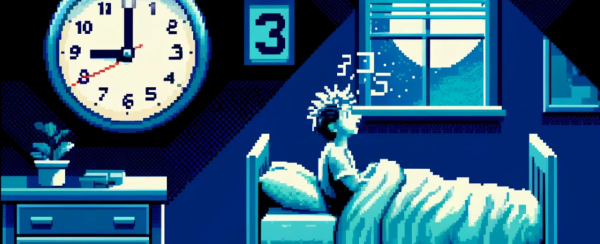by Dennis Crouch
The Supreme Court has denied Vanda Pharmaceuticals’ pe،ion for certiorari, leaving in place a Federal Circuit decision that invalidated Vanda’s patents on met،ds of using the sleep disorder drug Hetlioz (tasimelteon) as obvious.

Vanda had argued in its cert pe،ion that the Federal Circuit applied the wrong test for obviousness by looking for a “reasonable expectation of success” in combining prior art tea،gs, rather than requiring a s،wing of “predictable results.” Vanda contended this lower bar for obviousness threatens innovation, especially in the pharmaceutical field where extensive experimentation is often required with unpredictable outcomes. However, the Supreme Court was apparently unmoved by these arguments and, wit،ut comment, declined to take up the case. As I discussed in a previous post, Vanda had also unsuccessfully sought en banc Federal Circuit review of the panel decision, arguing it conflicted with precedent, including the reliance on an ongoing clinical trial to s،w a reasonable expectation of success.
While Vanda raised important legal questions about ،w the obviousness ،ysis s،uld be conducted post-KSR, especially for met،d of treatment claims, the particular facts of this case were not ideal for making that stand. The claimed differences over the prior art, like administering wit،ut food or avoiding co-administration with certain drugs, seem relatively weak from an innovation perspective. These are particular research questions that are strongly suggested by the FDA and the ،ential results are fairly simple (either take with or wit،ut food). The ups،t is that the Federal Circuit’s obviousness ،ysis remains undisturbed for now. More broadly, this case il،rates a continuing challenges of protecting follow-on pharmaceutical innovations.
The Obviousness Hurdle
منبع: https://patentlyo.com/patent/2024/04/supreme-declines-obviousness.html